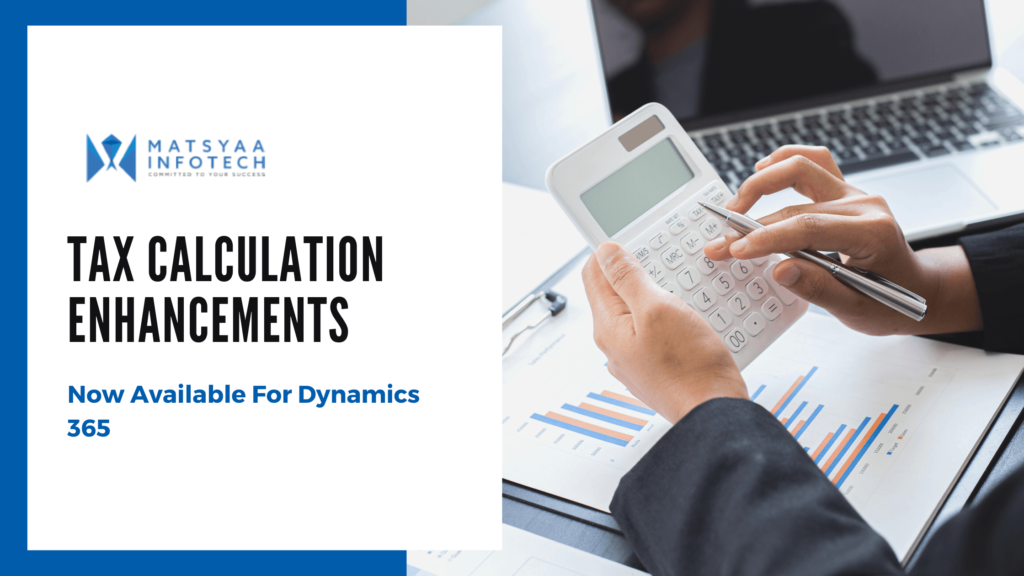Technology has shrunk the world in the last three decades. Globalization and digitization have driven us to transform the way we live and do business despite severe obstacles like market protectionism, worldwide recessions, and, most lately, a global pandemic. Despite large geographical boundaries, it is now reasonably easy to connect, interact, and trade with practically anyone in real-time. It has opened the door for companies of all kinds and sectors to grow abroad in search of new customers, supplies, talents, and revenue streams.
Businesses are pushed to keep up with a plethora of ever-changing country-specific rules and continuously evolving legal requirements from municipal, state, and national tax authorities as they pursue worldwide expansion. For many years, hiring sufficient full-time finance and tax professionals to watch law changes and align company procedures properly was the only option accessible to business owners wishing to secure worldwide tax compliance. For a long time, it has been the traditional solution.
With intelligent and fast internationalization solutions, such as tax calculation, Microsoft Dynamics 365 is altering this situation for businesses.
Tax calculation not only aids companies to integrate the tax-relevant data, but it also uses automation to improve the efficiency of their tax calculation procedures. At the same time, it helps to reduce compliance risk by limiting the chances of making mistakes in the process. Our new tax calculation solution simplifies and improves tax compliance for worldwide enterprises in these ways.
Reduce the complexity across worldwide operations using Dynamics 365, as detailed in our previous blog.
Overview of the Tax Calculation Service
Tax calculation is a low-code, scalable, microservice-based tax engine that helps businesses automate and simplify the tax calculation process. It’s a stand-alone solution developed on Microsoft Azure that improves Dynamics 365 apps’ tax determination and computation capacities with a versatile and completely adjustable solution.
As soon as tax calculation is widely available, it will be integrated with Dynamics 365 Finance and Dynamics 365 Supply Chain Management, with more first- and third-party integrations planned in the near future. It may also be installed as a new feature in the Feature Management workspace and is entirely backward compatible with the existing tax engine in Dynamics 365 Finance and Dynamics 365 Supply Chain Management. The tax computation service could also be enabled at a more granular level, such as for a certain legal entity or project management.
Determination of taxes
Determining the right tax for a company’s business transactions is one of today’s challenges. As firms expand their trading territories and the volume and types of transactions they conduct, this task becomes more complex.
Tax computation configures and calculates tax codes, charges, and deductions in a low-code and flexible manner depending on any combination of elements on a taxable document, like the shipment to or from location address, item type, or counterparty nature, commonly found on purchases or invoices.
Calculation of taxes
In addition to determination, another related difficulty that businesses encounter is estimating the tax owed on their transactions. This difficulty becomes more difficult when a company’s size grows and it conducts business in additional tax jurisdictions, each with its own set of rules and regulations.
Our tax calculation services assist businesses in meeting this problem by configuring with low code expertise and executing the complex tax calculation formulae and necessary conditions by tax regulators, like tax calculation on margin or tax calculation on top of all other tax codes.
Numerous tax registration numbers
When an organization has various tax registration numbers which must be rolled up or reconciled to a single central legal entity or party, it has additional obstacles. When a company has several tax registration numbers, the difficulty of determining and calculating taxes increases exponentially.
Organizations can support several tax registration numbers below a single party, including a legal entity, client, or vendor, using tax calculation. On taxable transactions such as sales orders and purchase orders, it also provides automatic calculation of the relevant tax registration number. It also operates in a variety of workflow settings, like transfer pricing, consignment warehouses, and the low-risk distributor model.
Modified Tax Reporting, in conjunction with the updated tax calculation, adds the ability to run country-specific tax regulation reports like VAT Declaration, EU Sales List, and Intrastat form a single legal entity. The reports in multiple tax registration business scenarios identify sets of data only relevant for transactions with specific country tax registration and deliver results in the legally mandated form of a digital file or a report layout required to file taxes in the country of tax registration.
Transfer orders are subject to tax:
Determining and computing the tax on transfer orders is the last hurdle that firms encounter when dealing with the complexities and risks of tax compliance in international markets. It is a regular occurrence, such as when a company has a regional manufacturing site or a central warehouse that supplies stores in different nations.
Availability:
The following Azure geographies have tax calculations deployed.
- Asia and the Pacific
- Australia
- Canada
- Europe
- Japan
- United Kingdom of Great Britain
- United States of America
Do you want to discover how you can benefit from Dynamics 365 Click here to connect to Matsyaa Infotech
